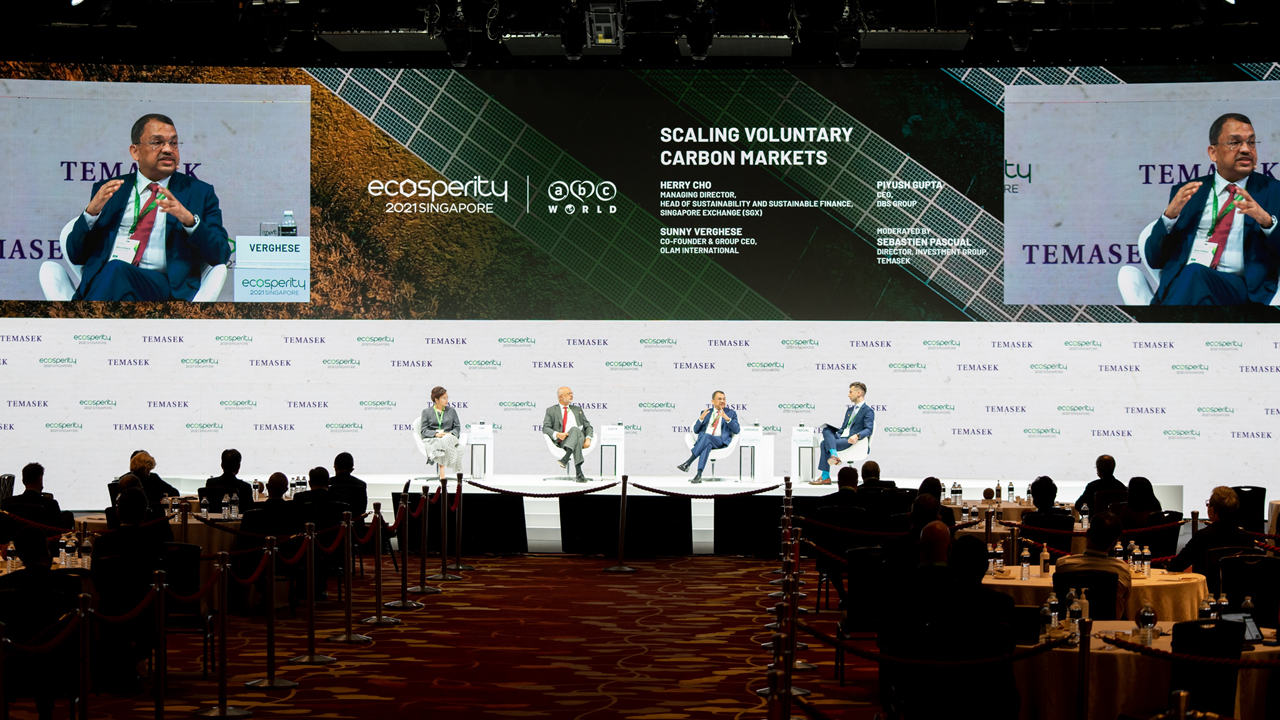Day 2: Decarbonising Transport and Heavy Industry
Marina Bay Sands
Sands Expo & Convention Centre, Level 5
Plenaries
The race to net zero is on, with businesses setting targets unthinkable even few years ago. There is overwhelming evidence that early movers towards net zero can seize significant advantages. Yet, many businesses struggle to implement and scale their climate targets.
How can Asian business leaders overcome the implementation challenges and accelerate their net zero transition to realize what we call the climate advantage?
BCG’s expert team will share the key learnings from our widely recognized report with the World Economic Forum and collaborations with climate champions across Asia.
Tech companies today are stepping up to the climate challenge. They are committing to net zero innovations, investing in start-ups and pushing for the use of data in decarbonisation efforts.
Importantly, tech companies are uniquely positioned to drive sustainability across industries. For them, sustainability involves not just looking in and examining one’s own operations, but also looking out and developing technologies which can help others achieve decarbonisation.
Hear from Google CSO Kate Brandt on how the tech giant takes climate leadership through a healthy disregard for the impossible and empowering others to take their own climate action. How is Google deploying technology in ways that are helpful – not just for themselves, but also for cities, corporations, and anybody who uses their products day to day? How can technology and collaboration be leveraged to achieve even the most difficult or ambitious climate goals?


Chief Sustainability Officer, Google


Managing Director, Investment (North America), Sustainable Investing, Temasek
As the world economy further develops and we become more interconnected, global emissions from aviation could increase from 3% today to 22% by 2050. The International Air Transport Association (IATA) has declared a resolution for the global aviation industry to achieve net zero carbon emissions by 2050. Policymakers have also risen to the occasion, with the International Civil Aviation Organization (ICAO) exploring the feasibility of a long-term aspirational goal for international aviation and 23 nations signing the International Aviation Climate Ambition Coalition at COP26.
Our focus now must be on implementation and ensuring all necessary decisions, mechanisms and investments are made in this decade to ensure we track against our shared goal.
How can we create the ecosystem and infrastructure required to accelerate sustainable aviation fuels, as well as new propulsion and aircraft? What else does aviation need to achieve net zero by 2050?
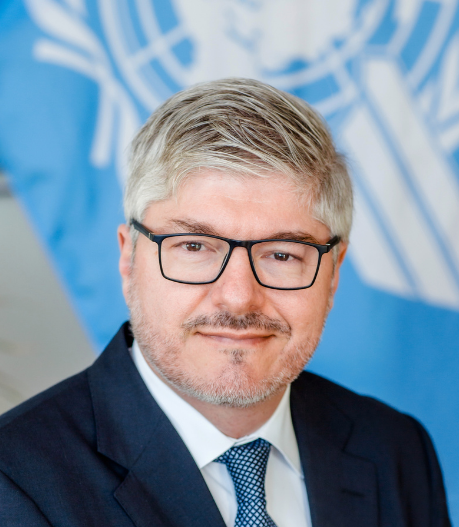

Secretary-General, International Civil Aviation Organization (ICAO)


President, South East Asia, Pacific & South Korea, Rolls-Royce


Chief Technology Officer, Vice President & General Manager, Boeing Research & Technology
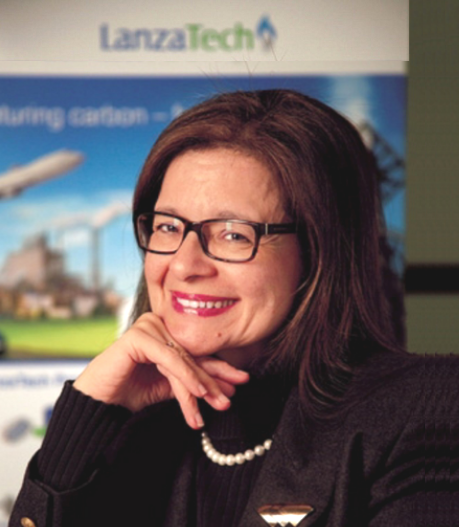

CEO, LanzaTech


Head of Aviation, Travel and Tourism, World Economic Forum
The EV market has seen strong momentum despite the pandemic. The International Energy Agency reports that there were 10 million electric cars on the world’s roads at the end of 2020, following a decade of rapid growth. Major markets also saw an expansion of electric bus and truck registrations, reaching global stocks of 600,000 and 31,000 respectively.
However, Southeast Asia (SEA) remains a nascent market and more needs to be done to accelerate land transport electrification in the region. What role do industry partnerships, technology and policy play in supercharging electric mobility in SEA?
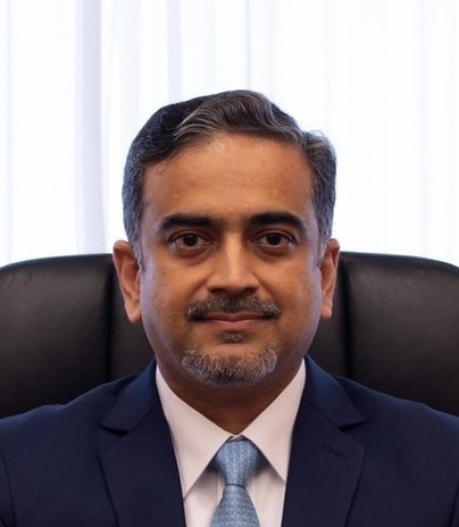

Executive Vice President & Corporate Information Security Officer, Toyota Daihatsu Engineering & Manufacturing


Group Vice President, Marketing and Sustainability, Grab
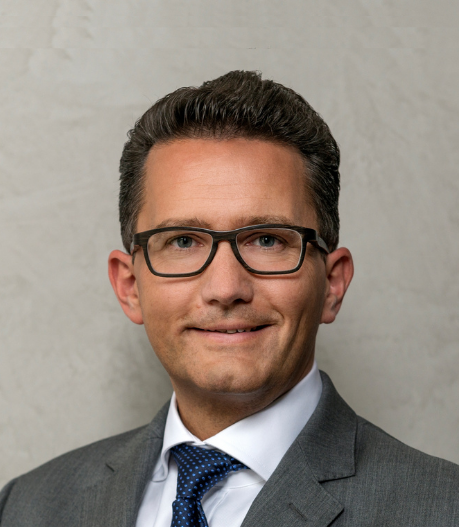

Managing Director & Senior Partner, Boston Consulting Group
The shipping industry, heavily reliant on fossil fuels, contributes 3% of global emissions – a figure set to grow as global trade expands. It thus faces the pressure to rapidly decarbonise a global fleet of approximately 100,000 ships.
Much of the maritime sector is committed to decarbonising, but the landscape remains complex. The industry goal – of achieving 50% emissions reduction from 2008 levels by 2050 – falls short of the Paris Agreement targets.
In this asset-heavy industry, how can liners carry out their net-zero transition strategically? What are the technological hurdles to scaling future fuels such as hydrogen and ammonia, and what is the potential of LNG and carbon offsets as bridges? How can different stakeholders come together to unlock the US$2.4 trillion investment required for net-zero shipping by 2050?


Secretary-General, International Maritime Organization (IMO)


CEO, Global Centre for Maritime Decarbonisation
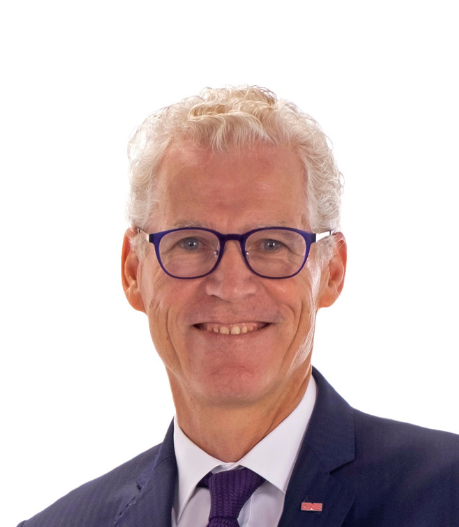

CEO, Ocean Network Express


Chief Executive, Maritime and Port Authority of Singapore


CEO, Global Maritime Forum
Moving goods internationally by land, air and sea involves complex logistics and supply chain operations. In 2021, OECD’s International Transport Forum (ITF) forecasted that global freight transport activity is set to grow 2.6-fold (measured in tonne-km), with freight CO2 emissions projected to increase by 22%.
The pandemic has also highlighted the need for a resilient international freight transport system, even amidst the threat of disruptions to the global supply chain posed by severe weather events due to climate change.
Hear from DHL's Tim Scharwath on how the shared nature of global freight networks presents an opportunity for different stakeholders to jointly invest in greener freight, and how logistics companies can embark on "no-regret moves" that are critical to creating internal momentum while driving shareholder value.
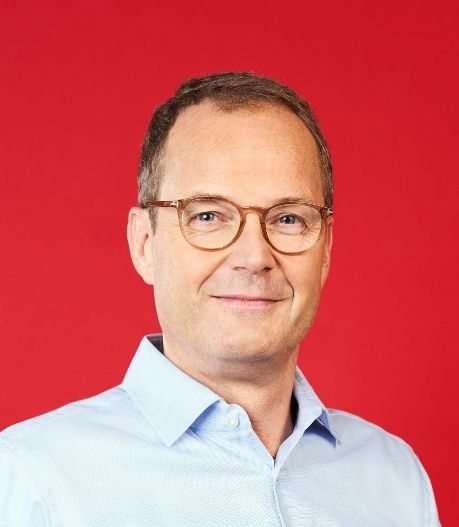

CEO, DHL Global Forwarding, Freight


Head, Transportation & Logistics, Temasek
Accounting for 27% of global CO2 emissions, the heavy industry is the second largest source of CO2 emissions after the power sector. It faces challenges unique to the sector, including long-lived capital assets, high-temperature heat requirements and emissions inherent in the production process.
New entrants are revolutionising the heavy industry, including the four materials responsible for 60% of current industry emissions: steel, cement, chemicals and aluminum. Relying on solutions that are already available today – like energy efficiency and waste reduction – is insufficient. Technological innovations and commercialising them quickly will be key in achieving deep emissions reduction.
What technologies have disrupted this hard-to-abate sector, and what are the key levers to achieve more rapid market deployments? How can innovators work with other stakeholders to accelerate the net-zero transition for the heavy industry?


Chairman & CEO, Boston Metal


CEO, Fortera


Head of Enzymology, Solugen
Partner Events
Timings indicated are Singapore time (GMT+8)
The GCNS CEO Roundtable is an invitation-only dialogue that convenes global and local business leaders for a dynamic exchange of insights on corporate sustainability.
Conducted under Chatham House Rules, the Roundtable invites C-suite participants to share their experiences and observations on corporate sustainability, and opinions on how responsible business practices can unlock further opportunities.
Themed “Paving the Path to a Greener Supply Chain – Opportunities and Challenges”, the GCNS CEO Roundtable 2022 will convene captains of industry to share opportunities and challenges in greening their supply chains, and share best practices on collectively navigating towards a greener economy.
The GCNS CEO Roundtable is held in partnership with Temasek’s Ecosperity Week.
Visit the event website for details.
As executives get to grips with climate-related risks and opportunities, the imperative to integrate decarbonisation solutions into business strategies has grown. Climate technologies are crucial for hard-to-abate sectors such as transport and heavy industries. Tomorrow’s energy systems will be complex, with more paths, interactions and transformation steps from generation to application.
PwC is hosting a closed-door C-suite discussion on decarbonisation challenges. Dr Peter Gassmann, PwC’s Global ESG Leader, will share about the State of Climate Tech including sustainable aviation fuels and green hydrogen. Fang Eu-Lin, PwC Singapore’s Sustainability and Climate Change Leader, will moderate a panel with leaders who are navigating their organisation’s decarbonisation journeys.
The International Advisory Panel on Sustainable Air Hub Meeting (IAP) is an invitation-only event.
IAP brings together industry, technology and knowledge leaders from Singapore and around the world to discuss how international aviation can be made more sustainable and accessible for all, and how Singapore can contribute to this international effort. The panel is chaired by Professor Chong Tow Chong, President of Singapore University of Technology and Design (SUTD).
Civil Aviation Authority of Singapore (CAAS) will convene the IAP meeting, in partnership with Temasek’s Ecosperity Week.







